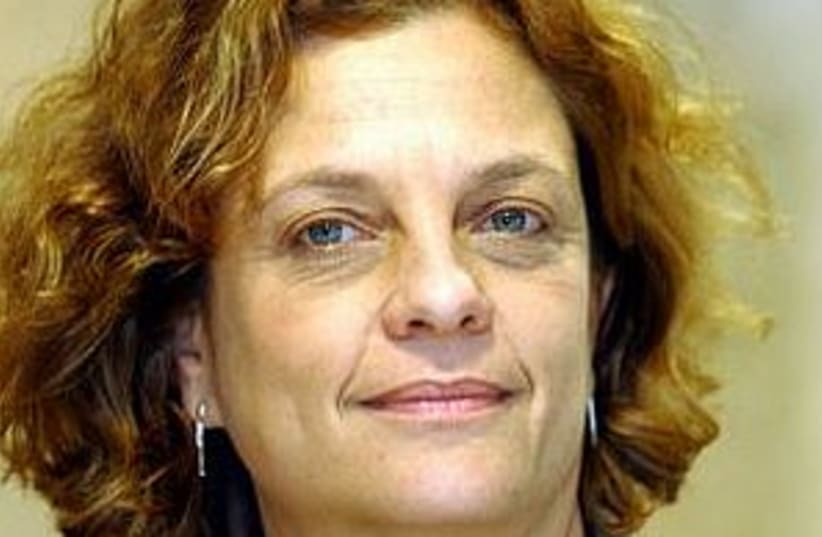| More about: | Yuli Tamir, Likud, Shimon Peres, Moshe Katsav |
Likud, Labor don't differ much on peace process, Yuli Tamir insists
Tamir claims the difference between Labor and Likud lies in socio-economic issues.


| More about: | Yuli Tamir, Likud, Shimon Peres, Moshe Katsav |